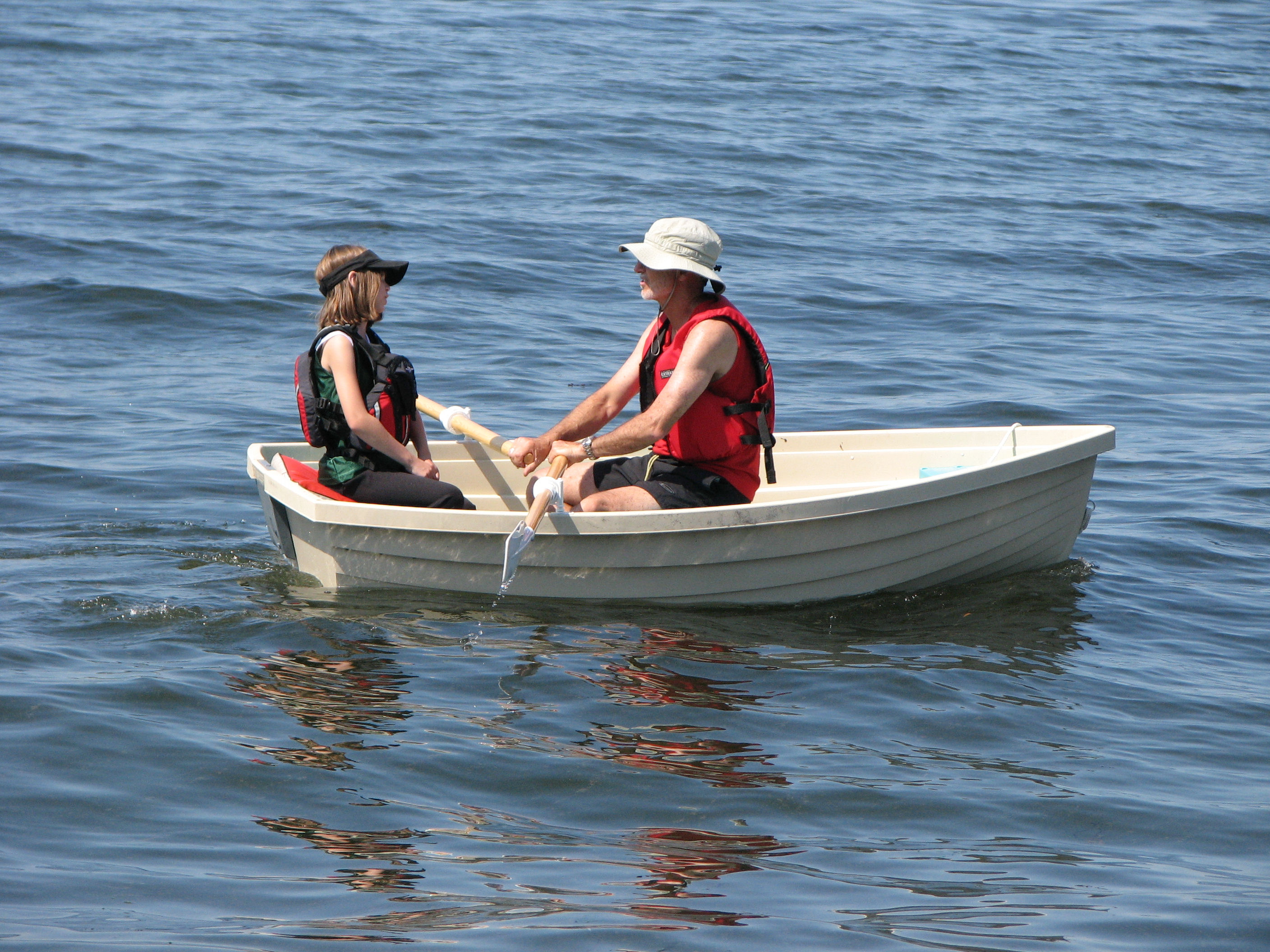Respect Your Non-Motorized Vessel
Author: Auger Law | October 19th, 2015

It is important to remember that water is water. It doesn’t matter what type of vessel you fall out or off of. If you hit the water, you stand just as much chance of drowning if you fell out of a canoe as if you fell off of a speedboat. Here are a few safety tips to keep in mind when paddling down the river.
- Stay centered. Keep your center of gravity low in the boat. Avoid standing and moving about. Your shoulders should be kept between the gunwales at all times.
- If you do need to move back and forth in the boat, keep three points of contact. That means that either both feet and a hand or one foot and both hands should maintain contact with the boat at all times.
- Keep weight distributed evenly. Keep in mind that the weight in the boat includes all passengers and equipment. Do not store the equipment in one area and then have a person or two sit with it. Spread the weight out so that it is evenly disbursed throughout the boat.
- Do not jump from the boat unless there is an emergency. Jumping suddenly shifts weight and could cause the boat to tip. This could be dangerous for everyone on board. If you want to swim, find a pier or dock to launch yourself off of. Your boat is not a diving board.
If someone should fall overboard, you need to react as quickly as possible.
- Stop paddling and throw the person a personal flotation device. Even if the person is wearing a life jacket, an extra something to hold on to is never a bad idea.
- Pull alongside the victim. You’ll want to approach into the current or downwind, whichever is stronger at the time.
- Stop the engine if your boat is equipped with one. Grab onto the victim and pull them over the stern. Do your best to keep the weight in the boat balanced as you pull the person back onto the boat.
Never think that you are safer simply because you are in a boat without a motor. This is both foolish and risky. When you think that you are safe, your defenses are lowered. Always treat any boat as the powerful tool or machine that it is.
If you have been injured in a boating accident, our personal injury attorneys are here for you. Call us today for your free case evaluation. We are here to get you the compensation you may be entitled to by law.














